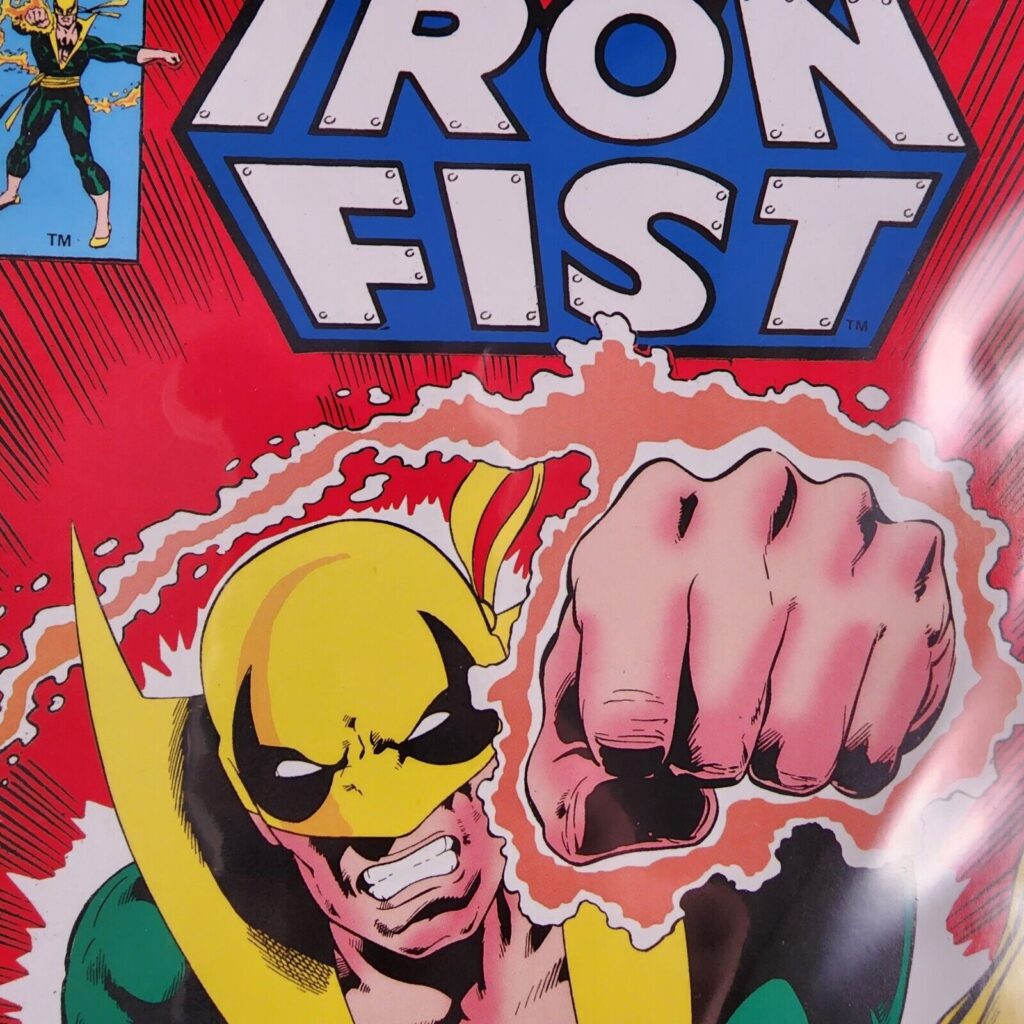
Having moved from the unconscious existence of pre-human animal life governed by biological drives and hereditary instinct, we find ourselves faced with power and the freedom of choice in how we rule our lives, both individually and collectively. Ruling ourselves is an inescapable human predicament and arguably our greatest challenge.
Religious commandments and spiritual precepts urge us to transcend our predatory nature – theft, murder, and deceit – but the imperatives of power and freedom are complicated; our habits and ancestral history are not easily discarded. Collectively, we choose politics to govern ourselves and to cope with conflict and discontent. Confronting conflict and discontent turns us right and left, often hard-right and hard-left, in an effort to sustain order. Imposing order through force, however, ultimately generates feedback and fuels discontent that upends the prevailing political system. Such is the stuff of humanity’s cyclical wars and revolutions.
Societal politics shares many characteristics with living critical systems, displaying dis-ease, inflammation, and eruption. Like physical critical systems that govern the behavior of water molecules that turn from liquid to ice or steam, political systems are also subject to such phase transitions: boiling points, freezing, and explosive transformations. What’s happening now in Israel and Gaza fully illustrates this dynamic.
Critical systems are scalable; to use the case of water molecules again, a phase transition acts upon the molecules both individually and collectively. In human terms, this means that the living critical system of which we are a part encompasses and affects all scales of being – individual, family, and group, right up to and including an entire nation and earth’s human population. Infectious agents like the Covid virus, Internet disinformation, and malicious gossip easily take advantage of this critical system characteristic; humanity is vulnerable at all scales.
We have choices in how we rule the body politic – democratic, monarchist, totalitarian, socialist, etc. – but they are complicated since a living critical system is dynamic, self-organizing, and always in a state of non-equilibrium. Non-equilibrium is both a strength and a weakness; were humanity in a constant state of equilibrium, we would never have left the Stone Age. Maybe good, maybe bad, but I digress.
In human health, identifying a feared disease and simply treating its symptoms rather than its causes produces only short-term relief; the underlying disease is prone to re-inflammation. Similarly, fear prompts us to respond to socio-political dis-ease and disorder symptomatically with a heavy hand, often using the cruelty of blunt force, violence, and suppression. As noted, however, such responses inevitably trigger feedback. Feedback is an integral component of living critical systems, predictable and essential to the longevity of their self-organizing character, but it also promulgates repeating cycles of human trauma when the victimized then go on to inflict their suffering on others. Hence, the reproduction of evil.
Another choice in how we rule, in the words of theoretical physicist Lee Smolin, is to use “the beauty of harmonious compromise,” a process he observes at work in critical systems governing particle physics, the formation of galaxies and the composition of the cosmos. Given the truth of universal human suffering, this means being empathic.
If our goal is promulgating health and longevity, we must break the karmic chain of cruelty and its feedback. For each of us – individually, for society, and for the world as a whole – benevolence is the only viable way to rule.